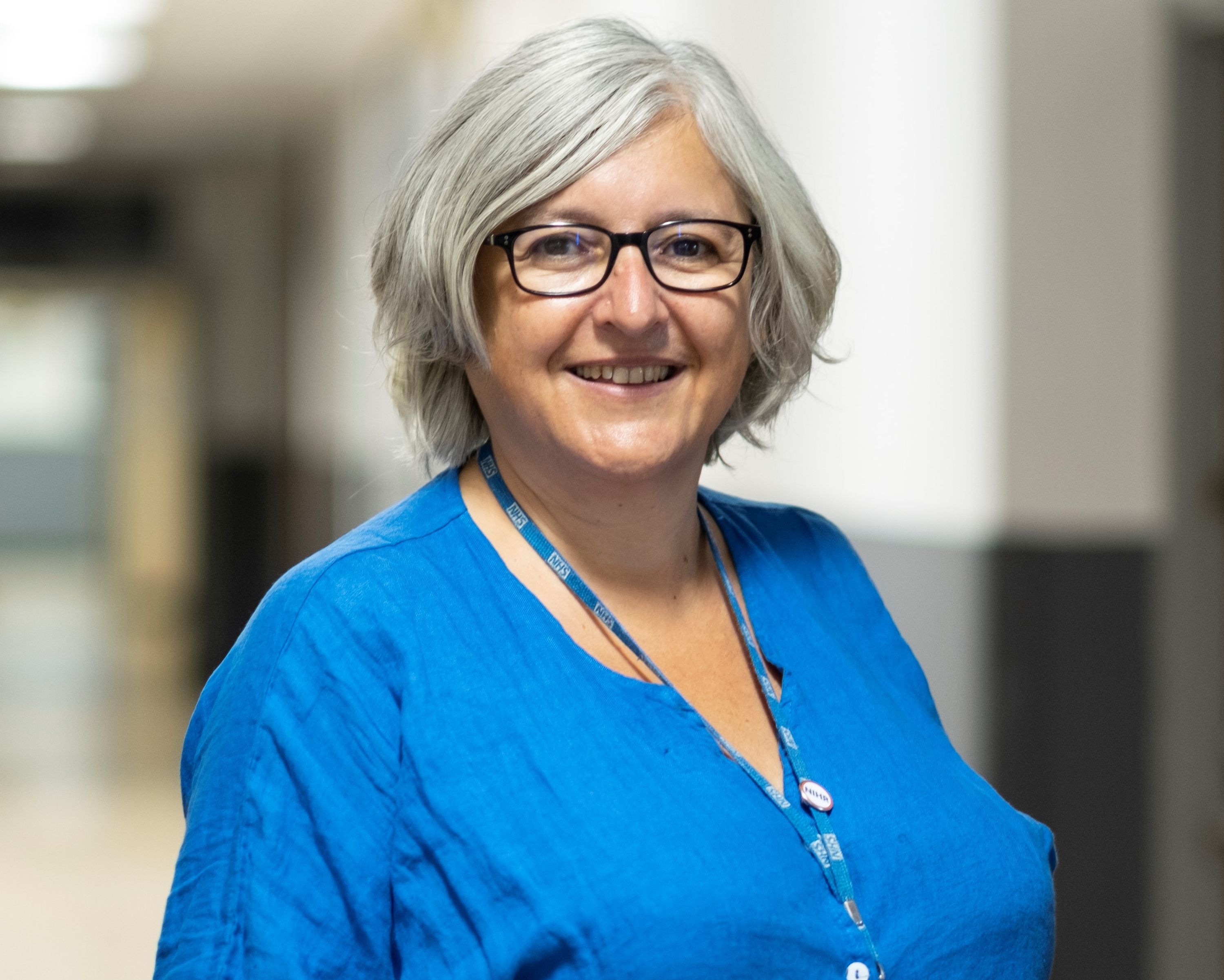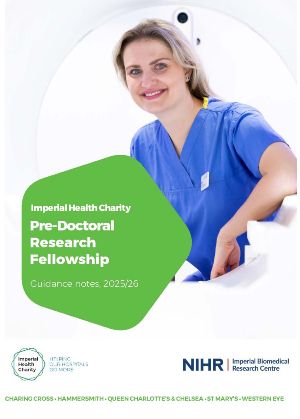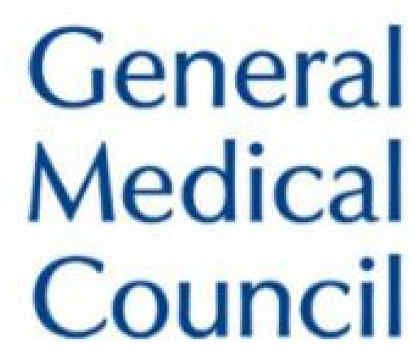Reflections of being a non-medical clinical academic: sharing to inspire and creating a sense of community.
Dr Lina Johansson (Dietitian, PhD), Dr Shawn Walker (Midwife, PhD), and Jenny Crow (Occupational Therapist, PhD student).
As non-medical clinical academics (NMAHPPs), Shawn – a consultant midwife and I (Lina, a clinical academic dietitian) found common ground. Not on topics that you might imagine like how to get funding, but on issues that were more deep-seated, seldom discussed and “hidden”. Yet they are present and tangible at all levels of the non-medic clinical-academic experience. The problem with “hidden” issues, is that we neglect to explore, understand and hence develop strategies to manage them. Last year, CATO supported a half day workshop that explored non-medic experiences of research– this year we expanded this into a more solution focused full day workshop which we ran on 21st April 2024.
We had a group of 13 participants from 8 different NMAHPP professions who attended the CATO peer support and networking workshop named “Hidden realities of working as a non-medical clinician in research”, led by Shawn, Jenny Crow (Occupational Therapist, PhD student) and myself.
We approached the day by thinking about our experiences as layers – similar to peeling an onion and getting closer to the core. Thereby, we started by looking at organisational factors and how these impact our experiences as NMAHPPs, before drilling down into our own career journeys, the highs and lows and also more personal observations of working as clinical-academics. The goals of the day were to support NMAHPP clinical-academics or aspiring clinical researchers to be more confident in finding a route into a clinical career, be more confident about our research value and owning our place.
The day was structured around stimulating open discussions by addressing nine key questions through the use of examples, vignettes, surveys, and shared feedback. Below are a selection of these questions and some anonymised thoughts / feedback from the day.
- Is clinical academia different from your expectations?
We understand that starting a career in clinical research is very different to working in a purely clinical environment and NMAHPPs often find themselves unprepared for the inevitable highs and lows or academic structures and hierarchies. We found that expectations were overwhelmingly different to the reality which promotes the need to prepare prospective NMAHPPs about what they can expect from working in a clinical academic career.
- What strengths help you find resilience during setbacks?
Here, Shawn and I reflected on the strengths we have personally drawn upon in our career journeys. Some of these have led to our career high points, and some have gotten us through setbacks. We mapped our own career journeys to visualise these highs and lows, to support understanding that they are a normal part of every clinical academic career journey. Delegates reflected on their journeys and identified what strengths have helped them navigate their career journeys with some practical outputs at the end.
- What are the challenges with inclusivity in the research processes?
We explored our own inclusion and the inclusion of others, particularly minoritized voices, within our research. PhD student Jennifer Crow then explored the challenges of conducting inclusive research. She discussed learning and reflections from her experiences of trying to ensure her study participants mirrored the relevant patient demographic and ensuring that the research processes and documentation are as inclusive as possible. This personal reflection highlighted how research, through its regulatory enforcements, inadvertently makes participating in research an “exclusive” activity.
- Have you felt like you don’t belong in the clinical academic world?
In this portion, we discussed concepts such as ‘imposter syndrome,’ ‘infiltrator experience’ and ‘perceived fraudulence.’ We explored where these feelings come from, internally and externally, and how we may address them. We discussed power dynamics within research relationships and environments and how and why these sometimes manifest.
- How can you feel more confident about your research contributions?
Here, we acknowledged that NMAHPPs often do different types of research (qualitative, mixed methods) than those traditionally valued (quantitative), especially at a strongly STEM institution such as Imperial. We explored some of the practical ways qualitative and quantitative research complement and enhance each other to cement the value of NMAHPPs in healthcare research.
- How do you envision the impact of your work locally, nationally and professionally?
Finally, we discussed how we can remain centred by envisioning how we see our work advancing our personal practice, improving service delivery locally, and advancing our profession more profoundly.
The participants contributed their thoughts and experiences leading to meaningful discussions throughout the day.
The feedback was overall excellent, lending weight for a peer support workshop that openly addresses experiences of NMAHPPs in the research environment compared to those in a clinical setting. Here are some choice quotes which capture what delegates took away from the day: “I am not alone and validation”, “I have an improved awareness and understanding of how to manage challenges as a non-medic researcher, I will have better self-belief and I will strive to make change!”, “I have gained info and new problem-solving skills”.
We hope to run this workshop again but meanwhile do get in touch if there are any areas or issues you feel are “hidden” whilst working as a NMAHPP in clinical research. We would love to hear from you!
L.johansson@imperial.ac.uk
Shawn.walker@imperial.ac.uk
Useful links
Contact us
The CATO Team and Radiographers Incubator work on a Hybrid model, combining days in the office with days working from home – the best way to reach us is by email.
cato@imperial.ac.uk
radresearch@imperial.ac.uk
+44 (0)20 3313 7397



